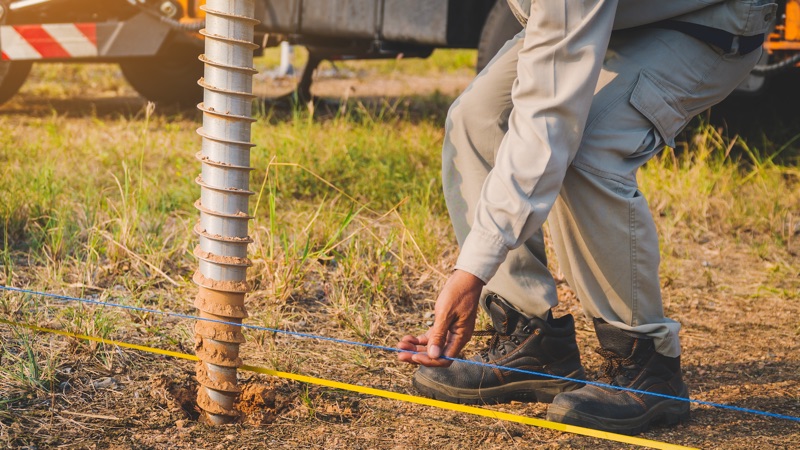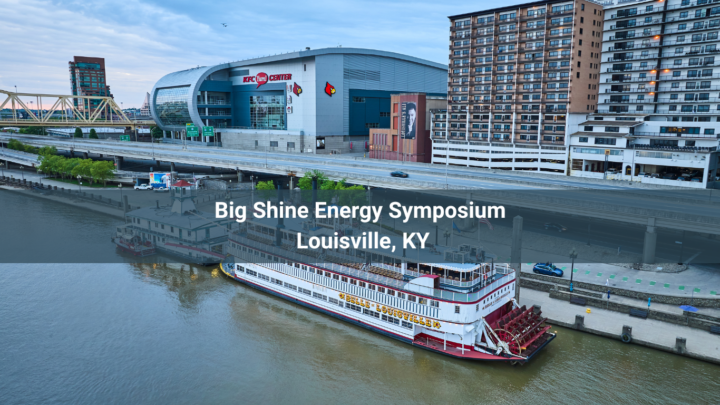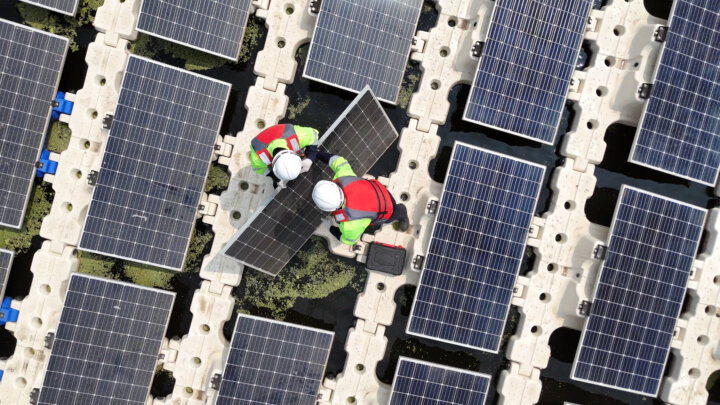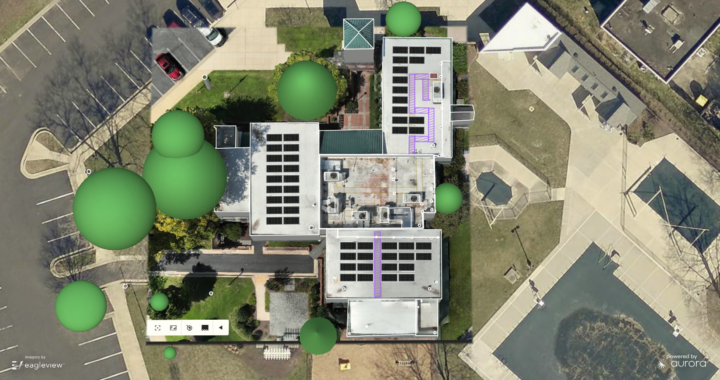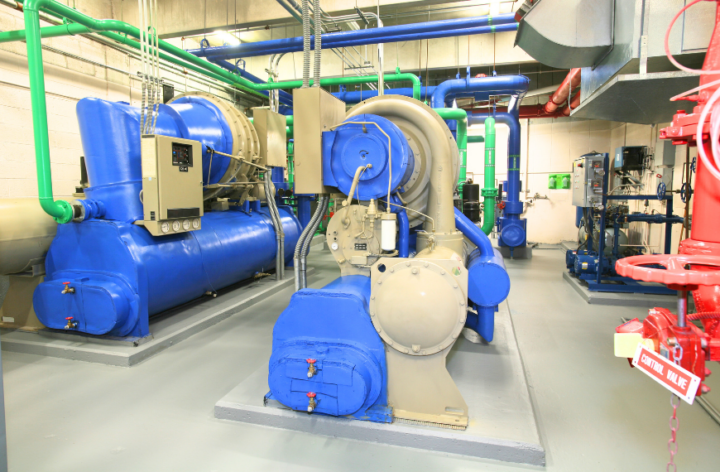Are you considering installing a ground-mounted solar PV system? One of the most critical steps you’ll need to take is conducting a geotechnical study.
What Is a Geotechnical Study?
Geotechnical studies evaluate the physical and mechanical properties of soil and rock beneath the surface of the ground. This is essential to ensure the safe, reliable, and efficient operation of ground-mounted solar PV systems. This will minimize the risks and costs associated with the installation and maintenance of this system.
Here is an explanation of what typically happens during a geotechnical study:
- Soil Sampling: Geotechnical engineers collect soil samples from various depths at the site. These samples are typically obtained using drilling equipment or other methods.
- Laboratory Testing: A laboratory analyzes the collected soil samples to determine their physical and mechanical properties. Tests may include measuring grain size distribution, compaction characteristics, shear strength, permeability, and consolidation properties.
- Field Testing: In addition to laboratory testing, geotechnical engineers may perform various field tests to evaluate soil properties directly at the site. These tests can include standard penetration tests (SPT), cone penetration tests (CPT), plate load tests, and in-situ density testing.
- Analysis and Interpretation: Geotechnical engineers analyze the data obtained from laboratory and field tests to understand the soil’s behavior under different loading conditions. They assess parameters such as bearing capacity, settlement potential, slope stability, and lateral earth pressure.
- Foundation Design: The geotechnical study helps engineers determine the appropriate foundation type and design for the specific project. This may include shallow foundations (such as spread footings or mat foundations) or deep foundations (such as driven piles or drilled shafts) depending on the soil conditions and anticipated loads.
- Recommendations and Reports: Geotechnical engineers provide recommendations and prepare reports summarizing the findings of the study. These reports guide the design and construction process. It ensures appropriate measures are taken to address any soil-related issues and ensure the stability and integrity of the structure.
Why Are Geotechnical Studies Important?
Here’s why geotechnical studies are so important for ground-mounted solar PV systems:
- Determining Load-Bearing Capacity: A geotechnical study can determine the load-bearing capacity of the soil. This ensures that the foundation can support the weight of the solar panels without sinking or shifting over time. The foundation of any solar PV system is the mounting structure.
- Identifying Potential Hazards: The study discovers rock formations, or unstable soil, that could affect the construction process and the long-term stability of the solar PV system. By identifying these hazards early, engineers can take steps to mitigate their impact and ensure a safe installation.
- Understanding Environmental Factors: The site’s geology, hydrology, and other environmental factors that may impact the project’s design, construction, and operation can also be identified before installation. You must be prepared to work around these challenges for a smooth installation. This information can help engineers make informed decisions about the type of foundation and mounting system to use, as well as the best practices for managing stormwater runoff and erosion control.
The construction sequence for a ground-mounted PV system involves essential steps, including site assessment, geotechnical analysis, site preparation, foundation and mounting structure installation, electrical infrastructure setup, solar panel mounting, system testing, and grid connection. Without a geotechnical study, you run the risk of costly repairs, reduced energy output, and even structural damage. There are many factors to consider with PV systems, Big Shine Energy is here to help alleviate that stress so that you can focus on your business. Contact us today for more information.
